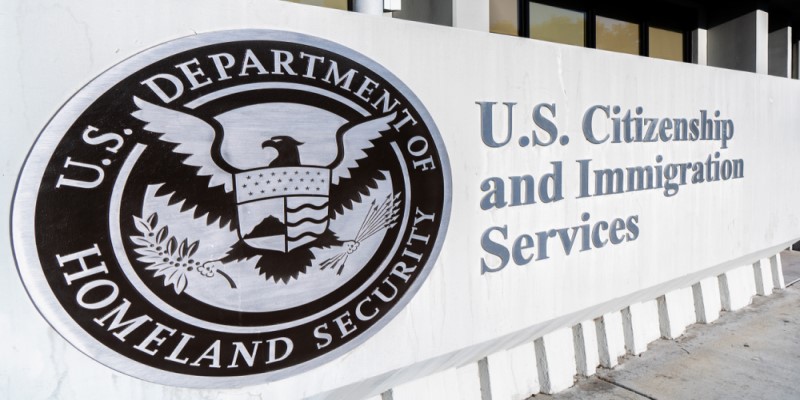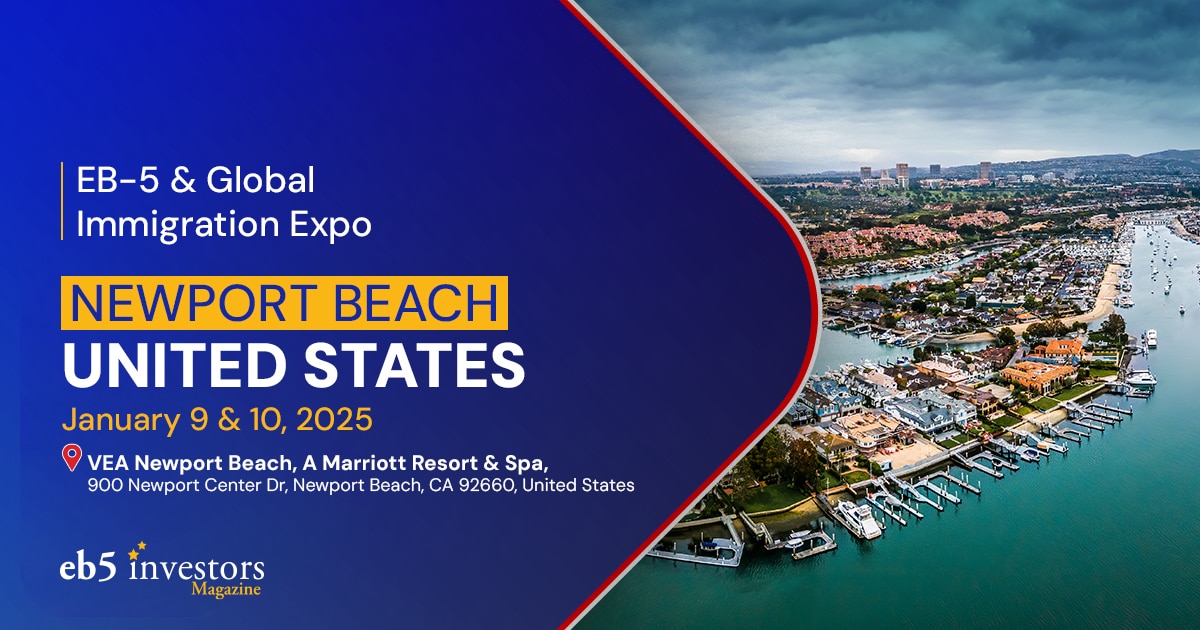
By Anayat Durrani
Deference has been reinstated. The U.S. Citizenship and Immigration Services (USCIS) on April 27, 2021 issued an updated policy guidance that rescinded a 2017 Trump-era policy memo that prevented USCIS officers from deferring to prior petition determinations, “when adjudicating extension requests involving the same parties and facts unless there was a material error, material change, or new material facts.” The USCIS policy update reverts back to the previous policy originally established in 2004 that addresses the issue of deference in prior determinations of eligibility.
Old policy led to processing delays and backlogs for EB-5 and other visas
The guidance restored the 2004 deference policy as effective immediately. In 2017, USCIS rescinded the 2004 guidance under President Donald Trump’s “Buy American, Hire American” executive order, which proposed new rules and guidance reforming the H-1B visa program. Trump’s rescission of USCIS deference policy has been credited with contributing to processing delays and backlogs.
“When USCIS dropped this deference policy in 2017, USCIS chose to stop giving deference to prior approvals when adjudicating applications for extensions of status, even when the previous application had been approved and no substantive changes had occurred from the time of the approval to the time of filing the extension, and that helped USCIS essentially create an “administrative wall” that delayed and discouraged immigration filings across the board,” says Christian Triantaphyllis, a partner at Jackson Walker LLP in Houston, Texas.
Policy change set to create “efficient and fair adjudication of immigration benefits”
The update is in accordance with President Joe Biden’s Feb. 2 executive order, “Restoring Faith in Our Legal Immigration Systems and Strengthening Integration and Inclusion Efforts for New Americans.” USCIS said affording deference would advance “efficient and fair adjudication of immigration benefits.”
“Now with this deference policy back in place under the Biden Administration, USCIS will consider a previous approval as a strong factor indicating the extension of status application should also be approved, and in turn, that should create a more streamlined and predictable U.S. immigration system with fewer needless delays caused by USCIS,” says Triantaphyllis.
U.S. State Department embassies and consulates overseas witnessed visa interview backlogs grow from 75,000 in early 2020 to 473,000 by February 2021, according to Julie M. Stufft, at a recent briefing by Consular Affairs Acting Deputy Assistant Secretary for Visa Services.
Among other litigation, two large class actions have been filed against USCIS involving tens of thousands of applicants, regarding long delays for processing work permits for foreign students taking part in work training and for applicants renewing spousal H-4 and L-2 work authorizations. Litigators hope the lawsuits will bring attention to long processing times and delays, such as EB-5 backlogs.
DISCLAIMER: The views expressed in this article are solely the views of the author and do not necessarily represent the views of the publisher, its employees. or its affiliates. The information found on this website is intended to be general information; it is not legal or financial advice. Specific legal or financial advice can only be given by a licensed professional with full knowledge of all the facts and circumstances of your particular situation. You should seek consultation with legal, immigration, and financial experts prior to participating in the EB-5 program Posting a question on this website does not create an attorney-client relationship. All questions you post will be available to the public; do not include confidential information in your question.








